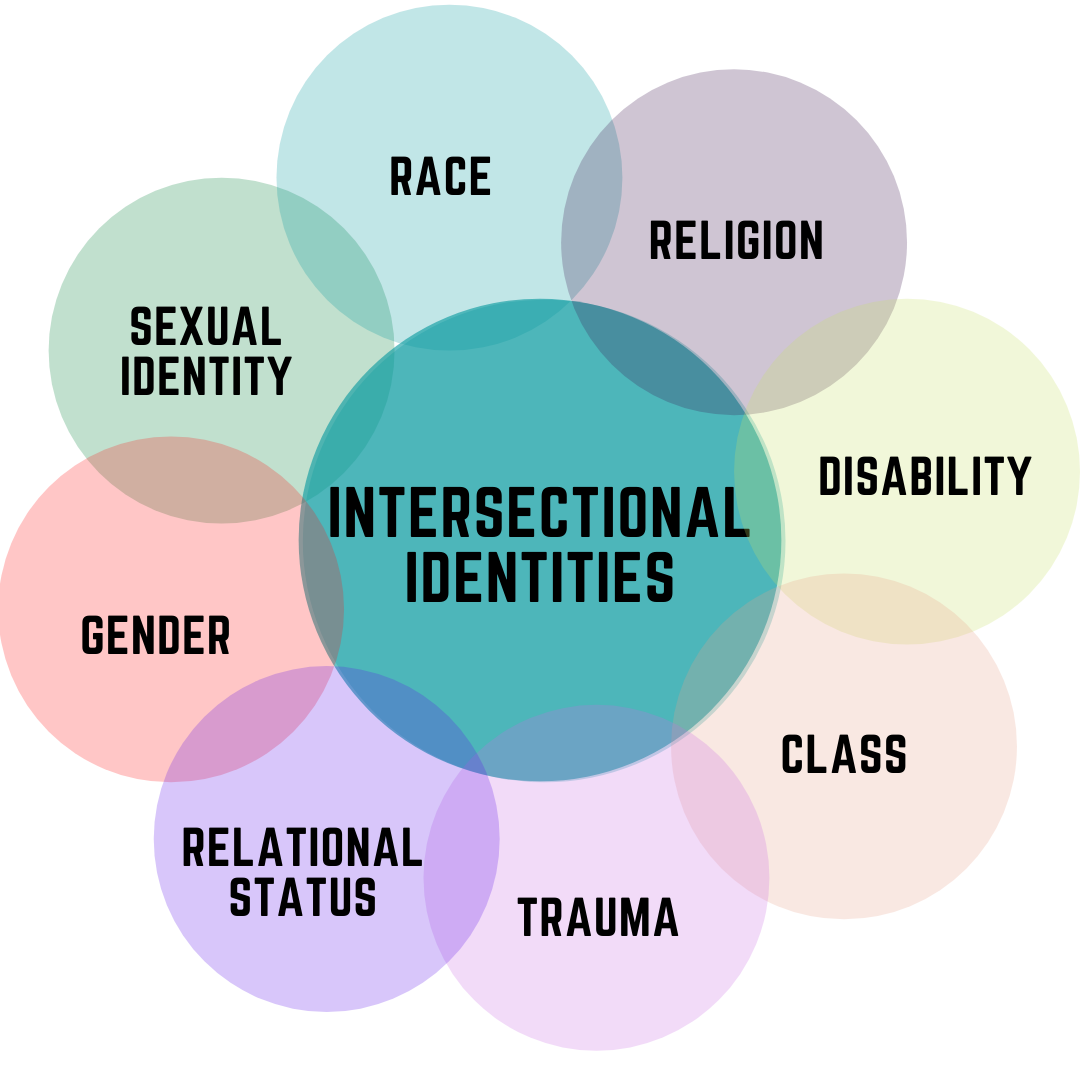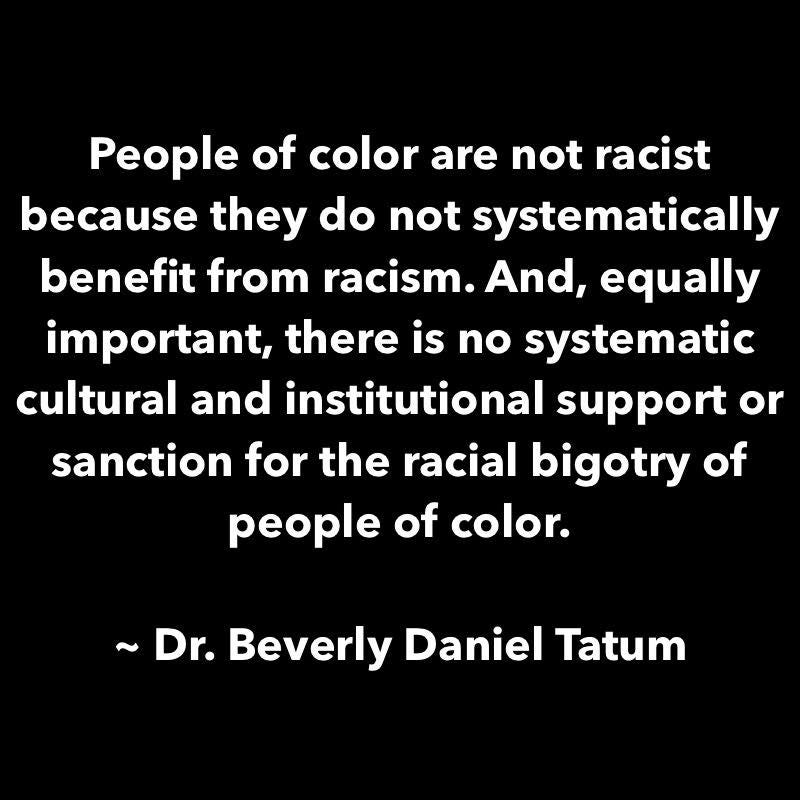Unmasking the Microaggressions: A Tale of Two Oppressions
I recently found myself virtually blocked by a published poet I genuinely like. The whole disagreement? It sparked over Travis Kelce and his casual comments about struggling to read during a Saturday Night Live table read. Apparently, this poet took to social media about it, and from what I gathered scrolling through his comments, his non-melanated to slightly-melanated followers were quick to "correct" him, loudly proclaiming Kelce had dyslexia.
Now, being who I am, and knowing what I know, my spidey senses immediately started tingling. I raced to the original Kelce podcast, eager to see what the hullabaloo was all about. One of the very first comments I saw hit me like a ton of bricks: a proclamation that people were somehow using reverse racism against Travis Kelce for daring to make fun of his own admitted reading struggles. That statement alone was a masterclass in covert racism (yet somehow glaringly overt), because the unspoken implication was clear: Black people can't read. (For the record, at the time of this writing, I'm the daughter of an English teacher, a voracious reader myself, and am pretty handy with the written word. But I digress.) Anytime a group of white people starts crying reverse racism—especially when their recent actions align a little too neatly with the current administration's policies—I know good and damn well that nonsense is about to ensue.
Every article I could dig up, from the shadiest corners of the internet to the most reputable sources, all sang the same tune: there was zero credible evidence that Kelce had ever claimed to be dyslexic. Yet, the comments section, and his so-called non-melanated friends, were absolutely adamant. I recognized the familiar choreography of tone policing from white folks. My decades as a Black woman navigating predominantly white spaces, coupled with my time in corporate America, have sharpened my vision. The pervasive obsession of white people who truly believe they've been deputized to police Black bodies and voice—it was all on full display.
As a person who does not like to let things slide, it was go time. I saw the microaggressions and as the favorite hood poet laureate of the post-golden era of hip-hop once famously declared, "I ain't never ran from a ninja and I ain't going to pick today to start running." Given the delicate nature of the topic—because ableism is an undeniable, real issue that even I, with my primary focus on racial and gender dynamics, readily acknowledge—I confirmed my sources and then simply stated that Travis Kelce's dyslexia was unconfirmed. I then added that I find it utterly impossible to give credence to anyone who ideologically aligns with a man who, on the campaign trail, openly mocked a physically disabled New York Times reporter, Serge F. Kovaleski.
The poet's immediate volley? He asked why I "liked to argue." (insert long, pregnant, Sonia Sanchez, Toni Cade Bambara, Audre Lourde, bell hooks, heavy Black woman sigh) Then he declared, with a flourish, that he would always side with disability before race. And just like that, the veil was ripped away. The frustrating truth about being a conscious Black person from the US is that you cultivate an uncanny ability to spot the subtle, insidious threads of race and racism woven into every single conversation. This East African poet, so effortlessly swayed by white voices—voices more concerned with policing his response to a false claim of disability (a disability he, ironically, ACTUALLY has!) than with safeguarding his very right to exist here as an immigrant—was a glaring, heartbreaking example.
Yet, it wasn't glaring enough for him to grasp the true implications of what his so-called friends were really putting down. Here's the kicker: TayTay's boyfriend, Travis Kelce, was the one who publicly joked about his reading struggles at that SNL table read. He made fun of himself. When others in the comments, rude or not, piled on, it was Kelce's supporters who hurled accusations of dyslexia and, inevitably, REVERSE RACISM.
Let me be unequivocally clear: when any white person, anywhere, throws out the term "reverse racism," my internal alarm bells don't just ring; they shriek. I'm wise enough to know that 95% of their preceding and subsequent arguments are pure, unadulterated bullshit. As the brilliant Dr. Frances Cress Welsing taught us, racism isn't just individual prejudice; it's a system of white supremacy—a global, dynamic power structure consciously or subconsciously maintained by those who identify as white. It doesn't just touch our lives; it infiltrates and infects every single facet—economics, education, law, politics, you name it. To echo the popular meme: Black people can be mean, prejudiced, rude, and frankly, dress better than you, but we cannot be racist because we don't wield the power of the state.
So, when some random internet "hobgoblin" posits that Travis Kelce has dyslexia—despite Kelce never claiming it, and every single credible source denying it—and then screams "reverse racism" at those who jokingly respond, it should be a blaring, deafening siren for any intelligent melanated person. And the sheer, unmitigated audacity of non-melanated individuals condemning a melanated person for a post likely made in jest—especially when that melanated author HAS A DIAGNOSED AND ADMITTED CASE OF DYSLEXIA HIMSELF—while simultaneously voting for, participating in, and actively benefiting from policies that revoke that author's right to live in the U.S. as a dyslexic, melanated immigrant? That, my friends, is beyond rich. It's obscenely hypocritical.
But his comment, "I will always go with disability before race," still vibrates in the air. Would that same consideration, that same unwavering loyalty, be extended to him? To people who look like him and I? One only needs to observe a Black person navigating intersectional identities—whether they are differently abled, like to cosplay anime characters, LGBTQIA+, or any other identity beyond a narrow racial stereotype—to see how consistently and profoundly they are "othered" at best, and violently discriminated against at worst.
Consider Hannah Diviney, a young actor and activist with cerebral palsy, who rightly called out Lizzo and Beyoncé for using an ableist term. Both artists, to their credit, removed the term from their music. But as Avery Oliver powerfully articulated in her article, "We Need to Discuss Racism in the Disabled Community": "The disabled community, no matter what color, has every right to be upset at the usage of slurs in pop culture songs. However, it's not lost on me how twice now, white disabled activists have centered their anger on Black American women while not holding other celebrities of different ethnicities or genders to the same standards" (Oliver 2023).
Oliver succinctly drives the point home: "White privilege and supremacy are constant factors no matter your marginalization, and in cases when Black disabled people are being impacted by an issue that requires our nuance and standpoint, we can see how white privilege plays a part when white disabled people are taking platforms that we should have and refuse to listen to us." (Oliver 2023). This inconvenient truth is one my well-meaning but misinformed friend has admittedly experienced himself, to varying degrees.
I found myself scouring the internet for even a whisper of outrage by Hannah and company when Gal Gadot made questionable remarks about Stephen Hawking after his passing. Or when Jeopardy!'s Ken Jennings tweeted, "there was nothing sadder than a hot person in a wheelchair." Or when Kim Kardashian casually dropped the R-word (BuzzFeed 2021). Crickets.
As discussed in “Disability Doesn’t Discriminate: Health Inequities at the Intersection of Race and Disability” in Frontiers in Rehabilitation Sciences: "Racism and ableism are often thought of as parallel systems of oppression that work separately, yet this notion ignores experiences at the intersection of BIPOC and [people with disabilities]…our findings highlight the need to account for the intersection of these identities…" (Dorsey Holliman et al. 2023)
No matter what my misinformed friend identifies as, or with, that same reciprocal understanding and empathy is rarely, if ever, extended. But I digress, because the core of the issue is still: Travis Kelce HAS NEVER CONFIRMED HE HAS BEEN DIAGNOSED WITH DYSLEXIA, as of this writing! Directly or indirectly supporting the same infuriating pattern we see with Hannah Diviney, who selectively targets Black celebrities while maintaining a deafening silence about white ones, or gay white men who decry oppression while actively and openly reinforcing racial hierarchies within the LGBTQIA+ community needs to stop. These conversations are delicate as intersectionalities need to be respected, but the stark, undeniable reality is this: the Blackness of your skin trumps whatever other identity you hold.
This brings me to the topic of my next article, continent born Africans you need to tighten up, you’re making it bad for the rest of us. Stay tuned.
Oliver, Avery. “We Need to Discuss Racism in the Disabled Community.” Better to Speak, Better to Speak, 8 Jan. 2023, www.bettertospeak.org/stories/racism-in-disability-community.
“13 Times Celebs Were Blatantly Ableist.” Edited by Buzz Feed, Yahoo!, Yahoo!, 27 July 2021, www.yahoo.com/video/13-times-celebs-were-blatantly-210447195.html.
Dorsey Holliman, Brooke, et al. “Disability doesn’t discriminate: Health inequities at the intersection of race and disability.” Frontiers in Rehabilitation Sciences, vol. 4, 6 July 2023, https://doi.org/10.3389/fresc.2023.1075775.







